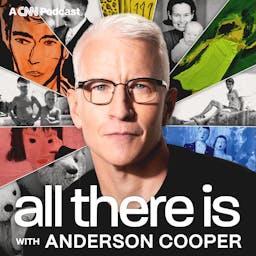Faith is an important tool in recovery. Not everyone has is, but if you do, you should tap into this magical source.
Globally, about 70-75% of the population believe in God or a higher power and faith traditions represent about 84% of the population. There are about 20 -25 organized religions and over 4,000 faith groups worldwide.
The Faith Leaders have an important role in the issue of drugs and are underutilized group in drug prevention, treatment, and recovery.
Rabbi Eliyahu Schusterman is the founder and director of Chabad Intown - Atlanta. Chabad Intown is now a full-service provider for Jewish Life in Atlanta whose offerings include; Mommy and Me, Intown Jewish Preschool, Intown Hebrew School, C-Teen, Young Jewish Professionals, Intown Jewish Academy, JBN, Jeff’s Place Recovery Center and the Shul @ Chabad Intown. From its inception in 1997 Chabad Intown has grown exponentially and currently serves over 2,000 Jews of all backgrounds throughout the year.
In addition, Rabbi Schusterman is a consultant for many Chabad Centers in fundraising and organization management. One of his passions is utilizing technology and business technique to better impact the Jewish world and increase Jewish involvement.
He received ordination from the Central Chabad Yeshiva in Brooklyn. He and his wife Dena, Executive Director of the Intown Jewish Preschool, have 8 children, and 2 grandchildren.
https://www.clintonfoundation.org/programs/education-health-equity/clinton-global-initiative/overdose-response-network/engaging-community-leaders
Disclaimer: The views and opinions expressed in this podcast are solely those of the speaker and do not necessarily represent the views, policies, or positions of the United States Government or any of its agencies. The content was recorded prior to the speaker's current federal service and is provided for informational and entertainment purposes only. No agency endorsement or approval should be inferred.


































